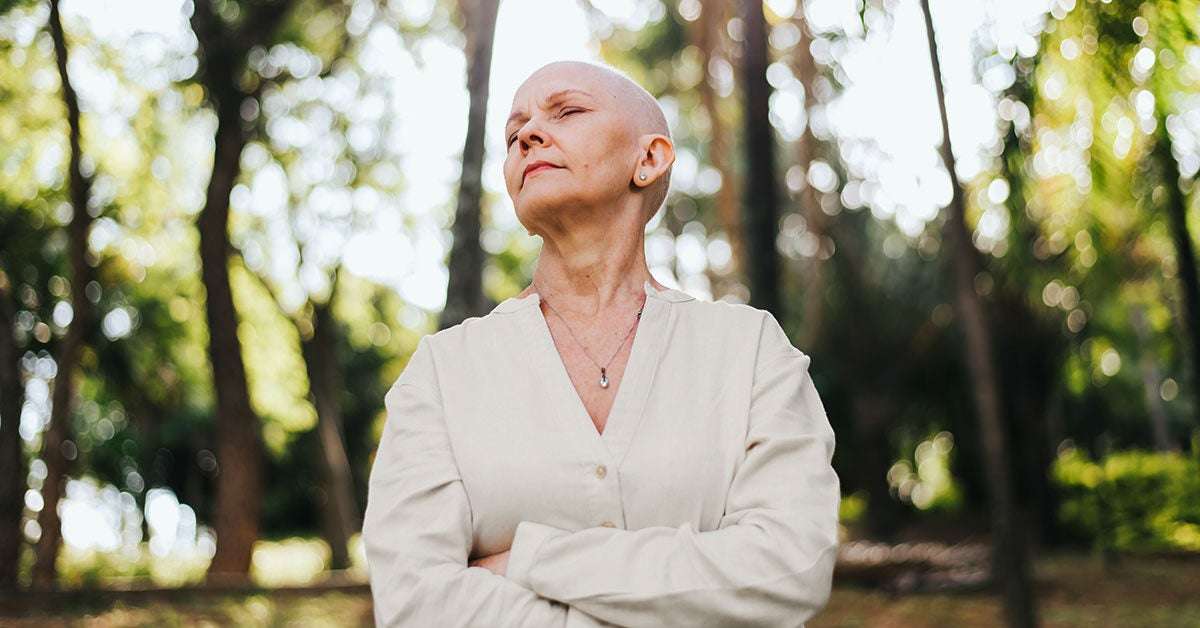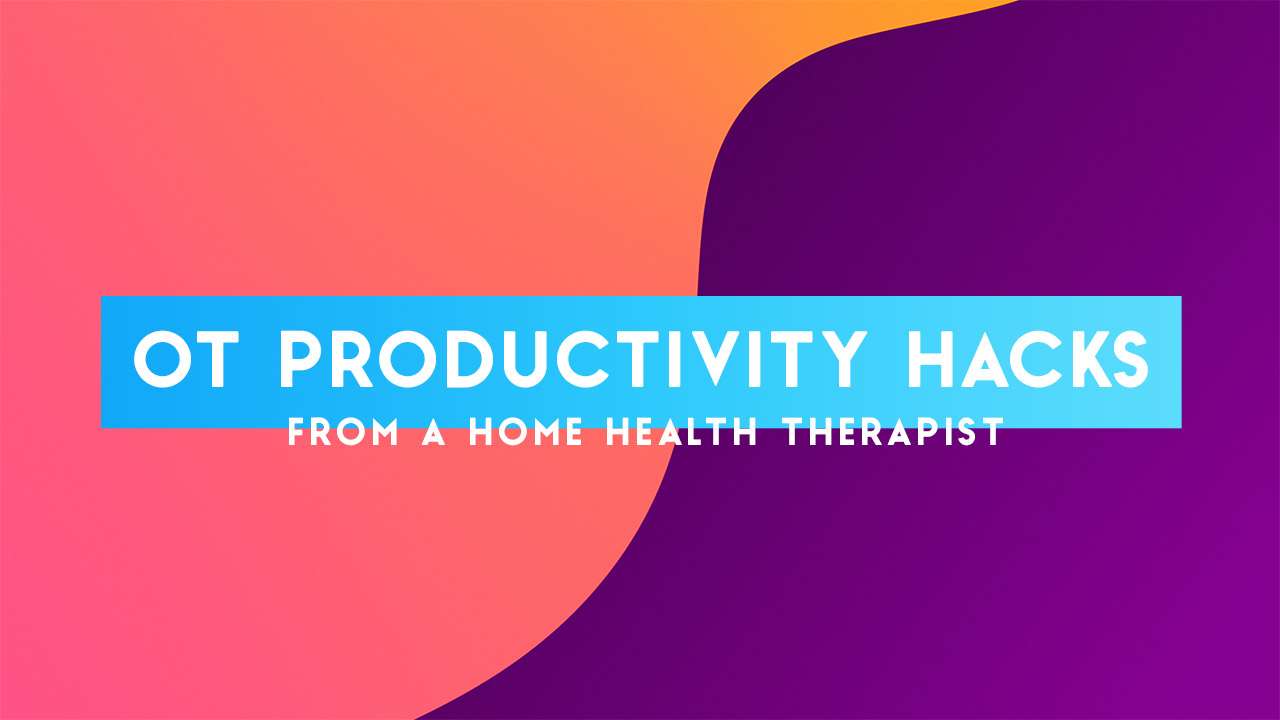Borderline personality disorder (BPD) is a serious mental health condition characterized by emotional instability, impulsivity, problems with relationships, and significant, stress-related changes in behavior.
BPD can dramatically impact the way you see yourself and the way you interact with other people. It can also make it difficult to respond to stressful situations in a constructive way. People with BPD may find that their symptoms make it harder to hold down a job and maintain healthy relationships with others.
Only a medical professional can diagnose you with BPD. Typically, the first line of treatment for this condition is psychotherapy, though your doctor may also recommend medication—and both of these options are very helpful for reducing symptoms of BPD.
However, if you find yourself needing more support, these self-help strategies can be used together with your treatment.
Educate Yourself
It’s important to be educated about what your BPD diagnosis means for you. That could mean learning about the symptoms of your condition so you can identify and cope with them more easily, and understanding the approach your doctor is taking with your treatment, which might allow you to spot areas in your life where you could use more support.
In fact, many professional treatments for BPD include an education component, and there is evidence that suggests receiving education about BPD can reduce symptoms.
You have a few options to educate yourself about your condition. The first is asking your therapist directly for more information during the assessment process for BPD. Some questions you might consider include (but certainly aren’t limited to):
- Which symptoms of BPD do I show?
- How will they impact my work and relationships?
- Could I have any other mental health issues along with BPD?
- What caused my condition?
- What does my treatment plan include?
- Do I need to take medication?
- How long will I be in treatment for BPD?
- What can I do to manage my symptoms at home?
Overall, you should feel comfortable asking your therapist any questions you have throughout your treatment process. That’s part of building a good therapeutic relationship, which will ultimately benefit your treatment.
Your other option for educating yourself about BPD is to research information about your condition. There are a variety of good sources of knowledge about BPD, including websites and books. Some good online resources about BPD include:
Not all sources of information are reliable. If you find a website or book about BPD that doesn’t share its sources or explain where its information came from, it may not be the best place for you to learn about your condition. Always look for information that you can verify yourself.
Books on BPD
There are some very good books available to help you learn more about your condition. These include:
- “Diagnostic and Statistical Manual of Mental Disorders, 5th ed (DSM-5),” 2013, American Psychiatric Association: If you’re looking for an in-depth, clinical resource on BPD, the DSM-5 is it. Intended for use by mental healthcare professionals, it includes BPD diagnostic criteria, symptoms, causes, and treatments.
- “The Borderline Personality Disorder Workbook: An Integrative Program to Understand and Manage Your BPD,” by Daniel J. Fox, 2019, New Harbinger Publications: This workbook includes information to help you understand BPD and interactive exercises help you manage your symptoms. It’s intended to provide an integrated approach to managing BPD based on a variety of different therapies.
- “I Hate You—Don’t Leave Me: Understanding the Borderline Personality,” by Jerold J. Kreisman and Hal Straus, 2010 Revised Edition, Penguin Random House: This book dives into the possible causes of BPD and how it ties in with other mental health conditions. The newest edition also includes updates on possible treatments for BPD.
- “The Dialectical Behavior Therapy Workbook: Practical DBT Exercises for Learning Mindfulness, Interpersonal Effectiveness, Emotion Regulation, & Distress Tolerance,” by Matthew McKay, Jeffrey C. Wood, and Jeffrey Brantley, 2013 Revised Edition, New Harbinger Publications: This provides comprehensive information on DBT before going over specific skills and exercises designed to help you manage your symptoms.
Coping Skills
Another appropriate use of self-help for BPD is in the area of coping skills training. Learning some simple techniques that you can use at home can help support your skill development in therapy.
Coping skills for BPD are often centered around learning to manage moments of emotional instability and/or control anger. Some techniques to help in these situations could include:
- Using stress-reduction techniques, like deep breathing or meditation
- Engaging in light exercise, like walking or yoga
- Distracting yourself with something enjoyable, like listening to music or watching a funny movie
- Grounding yourself
- Reaching out to a close friend or loved one for support
People with BPD frequently experience problems in their relationships, so you may also find that you benefit from learning effective communication skills like engaged listening, seeing things from another person’s point of view, and focusing only on the immediate situation.
Emotional Expression
Since BPD is often associated with extreme emotions, including anger, many people with this condition try to avoid expressing their emotions. However, suppressing your feelings won’t make them go away, and it may even cause you to focus more on the emotions you’re trying to avoid.
Instead, consider learning healthy ways to express what you’re feeling. Some people do this by writing in a journal or blog, others by drawing or painting, and some through other creative methods like singing, dancing, or making music. Expressive writing, specifically, may offer a variety of benefits, including better physical health and reduced psychological symptoms.
For some people, engaging in these types of strategies can feel overwhelming or triggering. Talk with your therapist about any anxieties you’re feeling about expressing your emotions. They can help you determine which activities, if any, are a good fit for you.
Mindfulness
Mindfulness can be particularly helpful for people with BPD. Mindfulness encourages you to be aware of your thoughts, feelings, and sensations—and that awareness could help you identify moments when your symptoms are becoming particularly intense.
Mindfulness meditation is a structured way to practice that awareness, and research suggests it can help people with BPD manage their symptoms. Mindfulness meditation may also help you manage stress, making it a multi-tasking self-help strategy for people with BPD.
A Word From Verywell
BPD can cause significant disruption in your life, and the symptoms can feel debilitating. However, it’s important to recognize that it is possible to learn how to manage your condition and, with time, you can master the coping skills needed to do so.
Borderline personality disorder is a mental health diagnosis that can make it difficult for someone to cope with a variety of emotions and thoughts. Many people with borderline personality disorder live in a constant state of worry or fear over real or perceived abandonment. The diagnosis also leaves people significantly more likely to practice self-harm or die by suicide.
The good news is that, with treatment and support, a person with borderline personality disorder can find new ways of coping and feel better. The not-so-good news is that professional help may be exceedingly difficult to find in many areas of the world. Self-help strategies and tools can often assist a person in coping with their their most distressing symptoms.
Below you’ll find seven ways that people who have been diagnosed with borderline personality disorder can help themselves.
Identify Diagnostic Tools
Unless you are a mental health professional, you probably aren’t going to be in a position to diagnose yourself or a loved one with borderline personality disorder. Only a medical professional can accurately give that diagnosis. However, the internet has made it easy for you to take online screenings that can help give you a better idea of whether or not you have a borderline personality disorder.
You can find other diagnostic tools by Googling queries such as: “depression screening online” or “anxiety test online.” I also like to recommend researcher Dr. Kristin Neff’s online questionnaire about being self-compassionate.
Although these tools may not be perfect, they may be a way for you to learn more about yourself and your symptoms. Just make sure the test you take is a reputable one and created based on best scientific and medical practices.
You may also want to check out this article on the pros and cons of self-diagnosing.
Mindfulness Techniques
Mindfulness is a process by which individuals are encouraged to be more “in the moment.” It involves being present in things that are happening at any given second, rather than being absorbed in events of the past, future, or our own mind. It also means observing things that are occurring, and sensations that you are feeling, without being too judgmental, critical, or analytical.
Mindfulness, for most of us, is notoriously difficult and requires a great deal of practice and conscious observation. Other practices, like meditation, can help one achieve this state of mind. However, when it comes to mental illnesses in general, and borderline personality disorder specifically, there is good news, as mindfulness can help someone achieve piece and ease their symptoms.
Some people find that something as simple as coloring with pencils or markers can be a way to practice mindfulness.
Furthermore, mindfulness is a core component of dialectical behavior therapy, a specific type of component that has shown promise when it comes to treating borderline personality disorder. It can help individuals regulate their emotions, develop emotional discipline, and concentrate more on their feelings and emotions. It can also help to calm feelings of anxiety and depression.
Perhaps most importantly, mindfulness can help someone change their brain chemistry, thinking patterns, and emotional capacity. For people who are learning to cope with the symptoms of borderline personality disorder, this can be an important skill.
Meditation
Meditation, like mindfulness, can be incredibly helpful to someone with borderline personality disorder. Indeed, meditation and mindfulness often go hand in hand.
Meditation comes with many specific benefits. Meditation is a practice that involves slowing down, concentrating on thoughts, breathing, or a chant in order to ease one’s mind. There are many different types of meditations, and all of these can have different impacts.
Many studies show the benefits of meditation on mental health in general. It can ease anxiety and symptoms of depression and make people feel more at ease and at peace. This, in turn, can regulate emotional intensity, calm emotional outbursts, and help people have healthier relationships – this, of course, can have a major impact on people with borderline personality disorder.
Indeed, as noted by a scientific review, individuals who have borderline personality disorder and meditate often show improvements over a number of symptoms.
Podcasts
I’ve loved podcasts for years and know that I learn a lot when I listen to each episode. You can find podcasts about topics that range from mindfulness, healthy relationships, self-care, and coping with anxiety or depression. If you have an interest, there a podcast waiting for you.
Here are some of the podcasts I like to recommend to my clients and their families.
(And if you have a favorite podcast to recommend to me, please let me know. You can write to me at [email protected].)
Distract Yourself
Sometimes, the best thing you can do when you are in a moment of crisis is to distract yourself from whatever pain you are in. This can be exceptionally difficult, but there’s good news: With practice, it gets easier.
How can you distract yourself? Thankfully, there are a variety of different ways.
-
What’s a hobby that you love? Are you a knitter? Puzzles? Drawing? Writing? Find a project and throw yourself into it.
-
Is there work that you can do, either around your house or for your job?
This distraction can be tough. It can be painful, difficult to do. It can take time in order to learn how to distract yourself and determine what hobby or method works best. However, the important thing is that you try. You may find that engaging in a hobby is the best way to get yourself through a moment of crisis or an intense period of emotional pain. When that moment passes – and they do pass – you can reevaluate. But sometimes, the key is to push yourself through a problematic experience and bring yourself into a better place.
DBT Skills Training
Dialectical behavior therapy (DBT) is an evidence-based treatment that has been a life-saving therapy for people all over the world. Unfortunately, there are still many parts of the world where DBT is not available or may not be affordable.
If you cannot get access to a therapist or are on a waiting list for DBT, online skills training may provide you with an ideal way of helping to learn the skills you need.
Online skills training can you help you learn:
-
ways to soothe yourself when you’re upset.
-
how to control your thoughts and emotions.
-
what to do when you feel empty, bored, or even self-destructive.
-
how you to be a better, healthier version of you.
Seek Online Support
One of the many positives of the advent of the digital world that we live in is that there is no shortage of resources for people who are looking for help. Indeed, there are many Facebook pages and groups for people who are looking for support and information.
I also love to recommend #BPDChat on Twitter. It’s an encouraging and hopeful resource for many people who are seeking connection and encouragement.
These resources can be very helpful in a variety of ways, including helping you share your experiences, discuss coping techniques, and finding people who will be compassionate and validating. Please remember that you aren’t alone, and you should find other people to share stories of healing and hope.
Online support, however, should never be confused with treatment with a licensed health care professional. Some online communities are positive and hopeful places to seek support and information but other web sites may contain information that is inaccurate and even harmful.
Note: If you are currently in a mental health crisis, please call your local emergency services or consider reaching out to to someone who is in a position to help. That next phone call or email may be the one that connects you to the resources you need the most.



